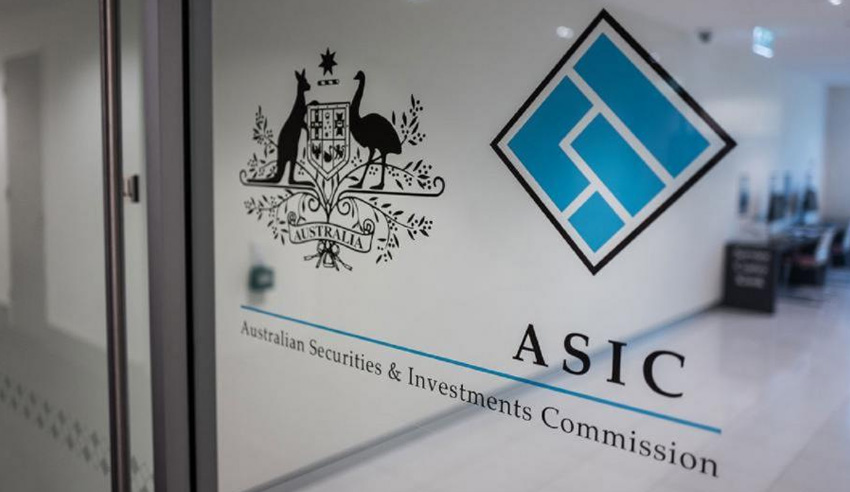Federal regulator ASIC must provide further guidance on protections that might be afforded to in-house legal counsel when those lawyers are put in a position where they feel it is necessary to become whistleblowers, according to a member association.

In its submission to ASIC on Consultation Paper 321 and Draft Guidance, on which the federal regulator is currently seeking feedback on proposals for entities that must have whistleblower policies, the Association of Corporate Counsel has argued that ASIC should give consideration to the particular circumstances of in-house legal counsel (IHLC).
“There are open issues as to whether an IHLC will breach their duties of client confidentiality, client fidelity and cause an unauthorised waiver of the client’s LPP if they become an external whistleblower. The intent of the act is probably that IHLC should be immunised from any detriment, retaliation or adverse professional consequence regarding a protected disclosure, but this is not explicit or beyond doubt either under the act or relevant professional conduct rules.”
Such issues are “neither simple nor trivial”, ACC mused, meaning that there must be a legislative solution.
The member association asked ASIC to consider the position of a counsel facing a legal non-compliance in the course of their employment, outlining a hypothetical scenario that, in the current proposal, would be problematic for that counsel.
“Currently, the in-house counsel would be motivated by their legal duties to their employer and the Court to advise their organisation of the issue (confidentially and protected by legal professional privilege); the steps necessary to ensure that the non-compliance is notified, escalated, and rectified as required by policy and law; how internal policies, practices, procedures and controls might be updated, reinforced, relaunched etc. to avoid recurrence; and what action could be taken in relation to the counselling, discipline or dismissal of involved staff in accordance with law, i.e. after being afforded procedural fairness and complying with any applicable industrial instrument,” ACC wrote.
“Failure to advise in these regards (and escalate within the corporation if appropriate) would leave the in-house counsel at risk of action for breach of their legal duties and/or for professional misconduct and discipline, including possible exclusion from the practice of law potentially indefinitely. Should the employer fail to agree to rectify the breaches or comply with the law and the IHLC wanted to disclose those breaches under the whistleblower provisions, however, the IHLC could end up in the conflicted position of disclosing the corporate breaches, but by doing so, potentially breaching their employment and/or professional duties of confidentiality, trust and fidelity to client, and waiving the client’s legal professional privilege.”
There could be legal and professional consequences to these actions, ACC mused, and specific guidance protection for IHLC is required in this situation.
“Additionally, in such circumstances, an IHLC should be entitled to avail themselves of an independent ‘ethical advice service’, free of charge. Similarly, an IHLC should be able to avail themselves of independent legal advice, paid for by the company (their employer),” ACC added.

Jerome Doraisamy is the managing editor of professional services (including Lawyers Weekly, HR Leader, Accountants Daily, and Accounting Times). He is also the author of The Wellness Doctrines book series, an admitted solicitor in New South Wales, and a board director of the Minds Count Foundation.
You can email Jerome at: